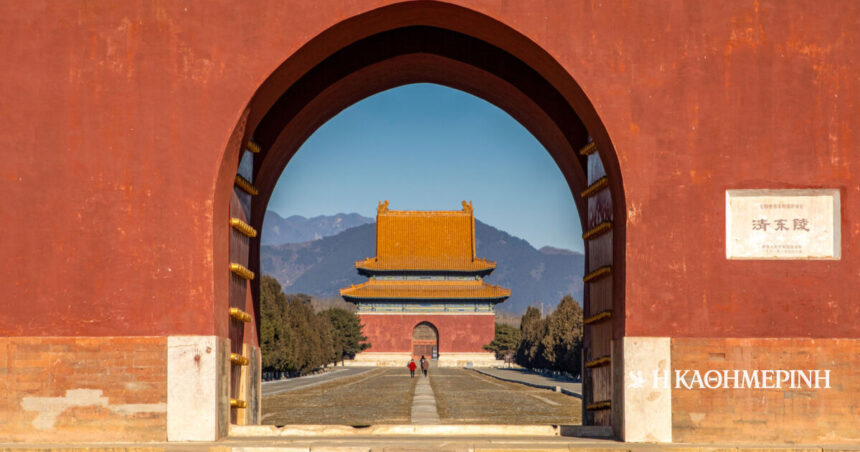On November 8, 1644, an important change occurred in the imperial China. After about three centuries, the Ming dynasty, which had been in power since 1368, gave way to Qing dynasty. During the years of Qing rule, the area of the country tripled, its population increased from about 150 million to 450 million – with many of the empire’s non-Chinese minorities being culturally absorbed – and an integrated national economy was established.
The Qing dynasty was founded in 1636 by the Manchus in what is now northeastern China, the Manchuriawhich they managed. Things changed in 1644, when Beijing was captured by revolutionaries and revolted peasants under Li Zicheng. Then, desperate and with no other choice, the Ming dynasty officials called on the Manchus for help. This was the right opportunity for the latter to occupy the capital and establish their own dynasty.
Surrendering military leaders received titles of nobility, while troops ensured the suppression of local rebellions.
To ensure control of the administration, half of the senior officials came from the Manchu or Qing, while some of the Ming officials remained in place. Chinese military leaders who surrendered were knighted, while troops stationed in various parts of the country ensured the suppression of local rebellions.
Under the second emperor of the dynasty, Kangxiwho reigned from 1661 to 1722, the Chinese empire was to expand geographically. Initially, the Russians were forced to abandon their stronghold at Albazin, which was located along the Manchurian border on the Amur River. In 1689, in fact, a treaty was concluded with Russiawhich demarcated Manchuria’s northern border at the Argun River. Except the Russian territory, the Chinese would expand over the next 40 years to the Mongolian side as well. After the defeat of the Mongols by the Qing, the Chinese empire included a large part of Mongolia and also Tibet, Turkestan and Nepal.
Trade and crafts flourished, while Roman Catholic missionaries were employed in the country as astronomers and artists.
During the reigns of the next two emperors, the Yongzheng (1722-1735) and his Xianlong (1735-1796), the empire experienced further growth. Trade and crafts flourished, while Roman Catholic missionaries were employed in the country as astronomers and artists. In addition, the arts flourished, particularly painting, engraving and the manufacture of porcelain objects.
The situation would gradually change from the next century. The emperors that followed were unable to face the internal problems: the increasing population pressurethe concentration of land ownership in a few, the bureaucracy and the administrative inefficiencythe corruption. The situation worsened with severe floods and famine around the middle of the 19th century. As a result of all this, rebellions broke out in the South and the North of the country. On the other hand, the efforts to modernize and westernize of the empire were opposed by some conservative officials.
But there were also external factors that had an equally negative impact. A series of wars would change the geopolitical balance to the detriment of the Chinese state. By 1900, revolutionary groups had begun to form throughout the country. Ultimately, the Republican Revolution of October 10, 1911 led to the abdication of the Little Emperor of Swantong, better known as Puyi, and the transfer of power to the Provisional Democratic Government. In 1912, the end would officially come for China’s last imperial dynasty.
Column editor: Myrto Katsigera, Vassilis Minakakis, Antigoni-Despina Poimenidou, Athanasios Syroplakis




